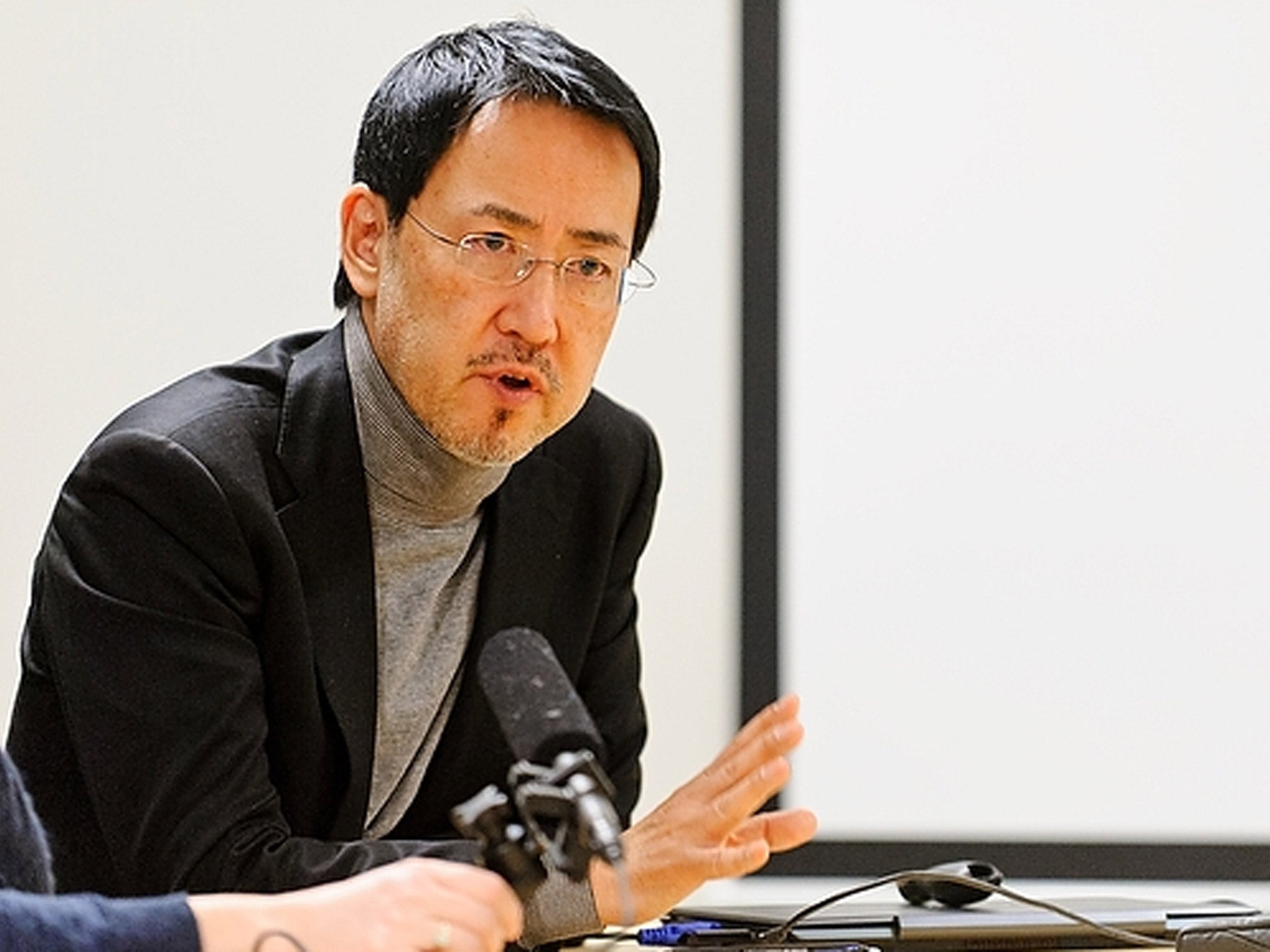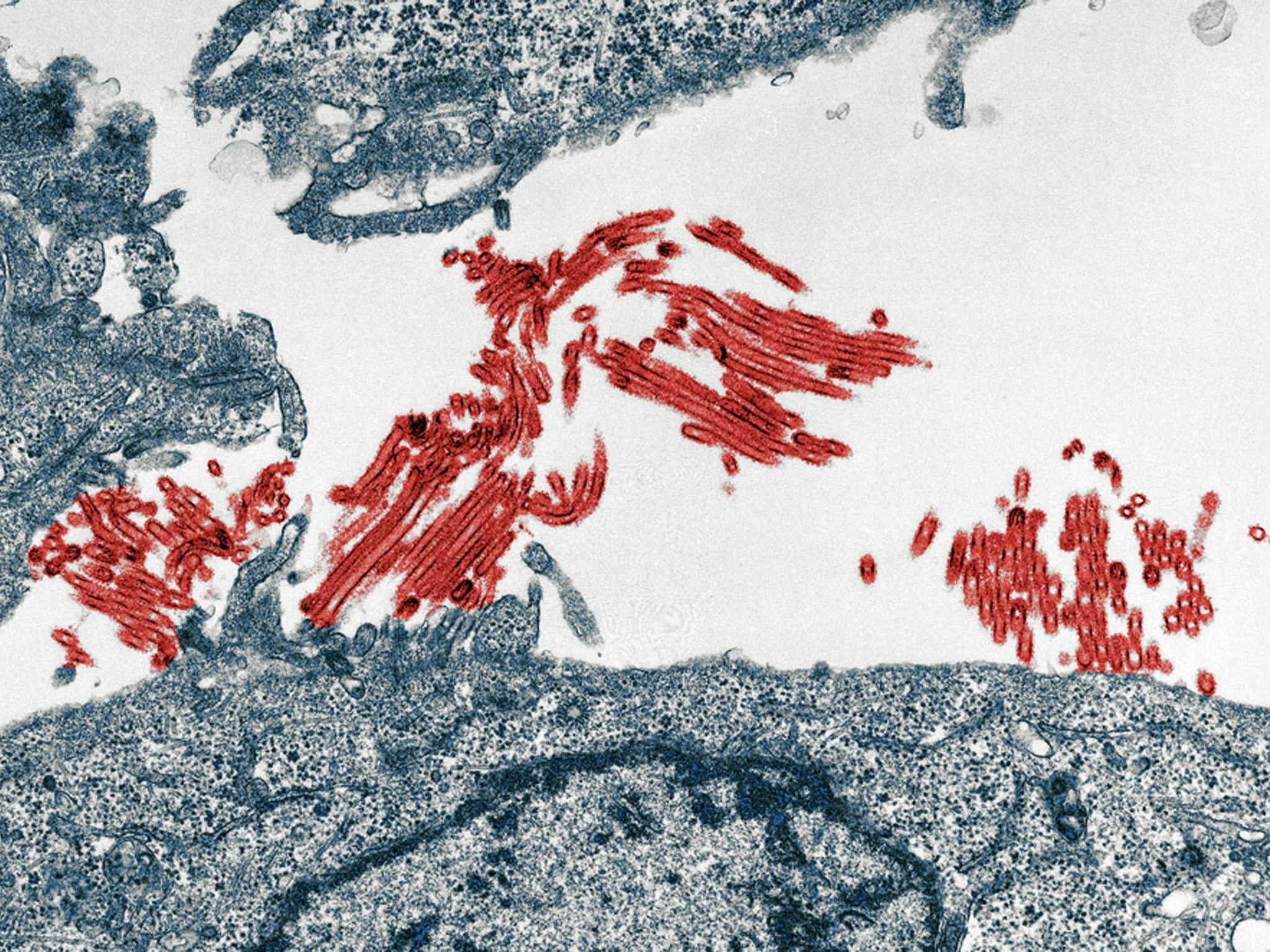US scientist Professor Yoshihiro Kawaoka's mutated H1N1 flu virus 'poses a threat to human population if it should escape,' says critic
Professor Stanley Plotkin says serious questions remain about the validity of the research into mutated forms of the 2009 pandemic flu virus

Your support helps us to tell the story
From reproductive rights to climate change to Big Tech, The Independent is on the ground when the story is developing. Whether it's investigating the financials of Elon Musk's pro-Trump PAC or producing our latest documentary, 'The A Word', which shines a light on the American women fighting for reproductive rights, we know how important it is to parse out the facts from the messaging.
At such a critical moment in US history, we need reporters on the ground. Your donation allows us to keep sending journalists to speak to both sides of the story.
The Independent is trusted by Americans across the entire political spectrum. And unlike many other quality news outlets, we choose not to lock Americans out of our reporting and analysis with paywalls. We believe quality journalism should be available to everyone, paid for by those who can afford it.
Your support makes all the difference.One of the world’s leading vaccine experts has questioned the scientific rationale behind controversial research on the 2009 strain of pandemic flu virus undertaken by Professor Yoshihiro Kawaoka of the University of Wisconsin-Madison.
Professor Stanley Plotkin, who pioneered the development of the rubella vaccine and has also worked on vaccines against polio, rabies and chickenpox, said that Professor Kawaoka has not been able to answer serious questions about the validity of his research into mutated forms of the 2009 H1N1 pandemic flu virus.
Professor Plotkin also said that Professor Kawaoka’s research on H1N1 risks creating a form of pandemic flu virus that poses a threat to the human population should it accidentally escape from his laboratory, which has the second lowest level of biosecurity.
Last week, The Independent revealed that Professor Kawaoka has completed a four-year study aimed at creating mutated forms of pandemic H1N1 virus that are not effectively neutralised by the antibodies of the human immune system.
This could leave the human population defenceless if the laboratory virus were to escape, according to some scientists.
Professor Kawaoka claimed that his unpublished study into H1N1 “escape mutants” has followed standard practice and was designed ultimately to help in the development of new vaccine candidates against mutated forms of influenza viruses that constantly emerge in the wild.
“In our experiment, we are trying to determine what changes to the HA [haemagglutinin] protein would enable the virus to escape immune protection. The objective is to contribute to improved vaccine virus strain selection,” Professor Kawaoka told The Independent.
“Through selection of immune escape viruses in the laboratory under appropriate containment conditions, we were able to identify the key regions [that] would enable 2009 H1N1 viruses to escape immunity,” he said.

However, Professor Plotkin said that while it is difficult to comment on unpublished studies, the rationale behind the research does not make scientific sense in relation to the mutations in the HA protein found on the surface of the viral membrane – the “H” in H1N1.
“Assuming that Kawaoka has mutated the HA so that it is not neutralised by antibodies present in the population against the H1 type of HA, he has essentially created a new HA type,” Professor Plotkin said.
“In the human population so far only three types of HA have circulated, with the avian types such as H5 and H7 of course presenting a threat as humans have no antibodies to them. So Kawaoka’s virus presents a threat if it should escape,” he said.
“With regard to the issue of making vaccines, I think it unlikely that an industrial corporation would make a vaccine against a serotype that does not exist in nature…. In the absence of that identification, no vaccine will be made,” he added.
“Now the central question is whether or not a virus mutated in the laboratory has any relevance to what happens in nature. As far as I know, that question has not been answered, and until it happens, Kawaoka’s justification remains speculative,” Professor Plotkin said.
Join our commenting forum
Join thought-provoking conversations, follow other Independent readers and see their replies
Comments